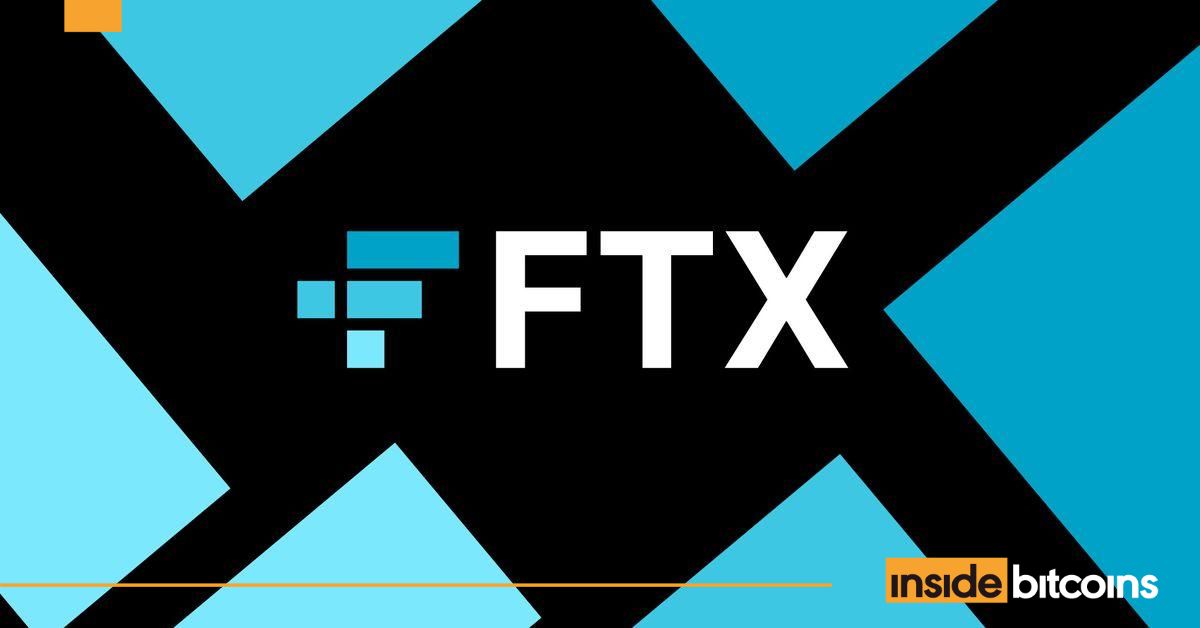Jerry Yu’s legal battle against Texas-based BitRush bitcoin mining operation

Jerry Yu, a 23-year-old student at New York University, has made headlines not for his academic pursuits, but for his incredible adventures in the world of cryptocurrency and Bitcoin mining. Yu, who lives in a luxury $8 million Manhattan condo previously owned by Jeffrey R. Immelt, the former CEO of General Electric, symbolizes what is often called the “second generation rich” in China.
Acquisition of Texas Bitcoin Mine
Yu’s most notable investment is a Bitcoin mine located in Texas, which was acquired for over $6 million. Notably, these facilities were purchased not through traditional currencies but through cryptocurrencies, specifically the stablecoin Tether. The transactions were routed through an overseas exchange, ensuring anonymity and protecting the source of funds.
Operations at Yu’s company, BitRush (also known as BytesRush), have run into problems in Channing, Texas. Contractors claimed they were not fully compensated for their Bitcoin mining work. The dispute resulted in several lawsuits and exposed transactions and business practices that were usually hidden. A lawsuit filed by Texas-based Crypton Mining Solutions alleges that investors in the Channing Mine are influential Chinese citizens..
BitRush Defense
BitRush’s lawyer Gavin Clarkson refuted these claims, asserting that the company complies with all relevant laws and regulations. Clarkson labeled Crypton’s claims “baseless and without merit.” BitRush also countersued Crypton, alleging “gross negligence” and seeking $750,000 in damages.
Funding for the purchase of the mine raises questions. The transaction involved sending $6.33 million in Tether to a wallet address belonging to cryptocurrency brokerage FalconX. However, the source of these funds has not yet been disclosed and is known only to Binance, the exchange that processed the transaction. This opacity of financial tracking is a recognized problem in blockchain analysis. This is because once funds reach a centralized service, tracing them to an individual requires legal intervention.
This case highlights a broader trend in the cryptocurrency mining industry, where Tether is frequently used for large transactions. These practices often bypass the traditional banking system and can help you avoid certain taxes. Moreover, there are concerns about the use of cryptocurrency by foreigners and its impact on U.S. banking regulations..
Along with Yu, BitRush’s major shareholders include investors from IMO Ventures, a China-focused venture capital firm, and another shareholder identified as “Lao Yu” or “Old Yu,” according to the document. The shareholder composition emphasizes the international nature of the business and its connections..
Image source: Shutterstock



